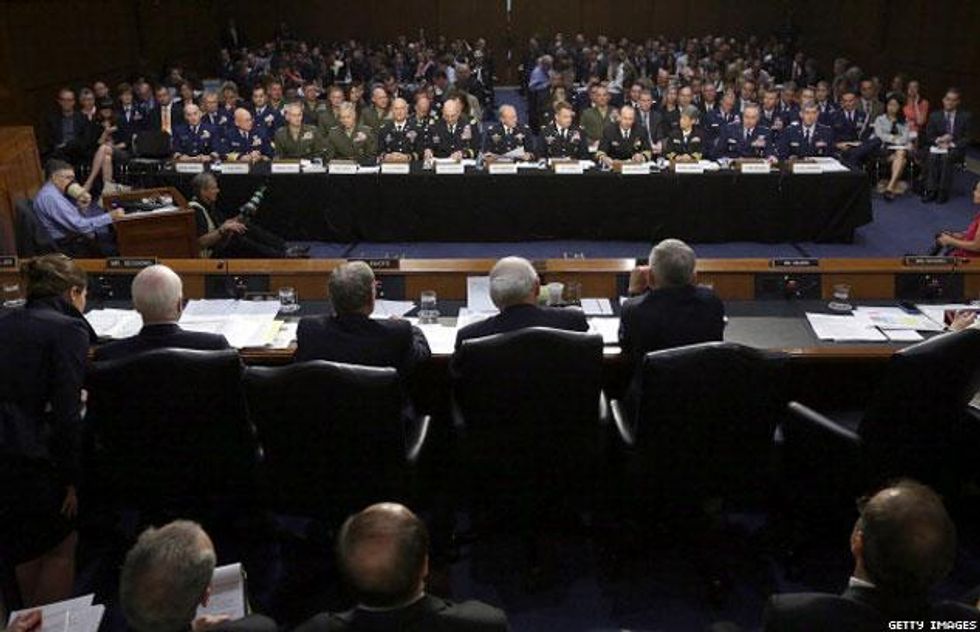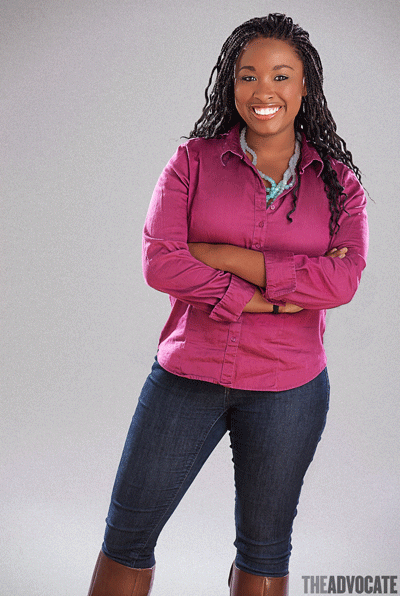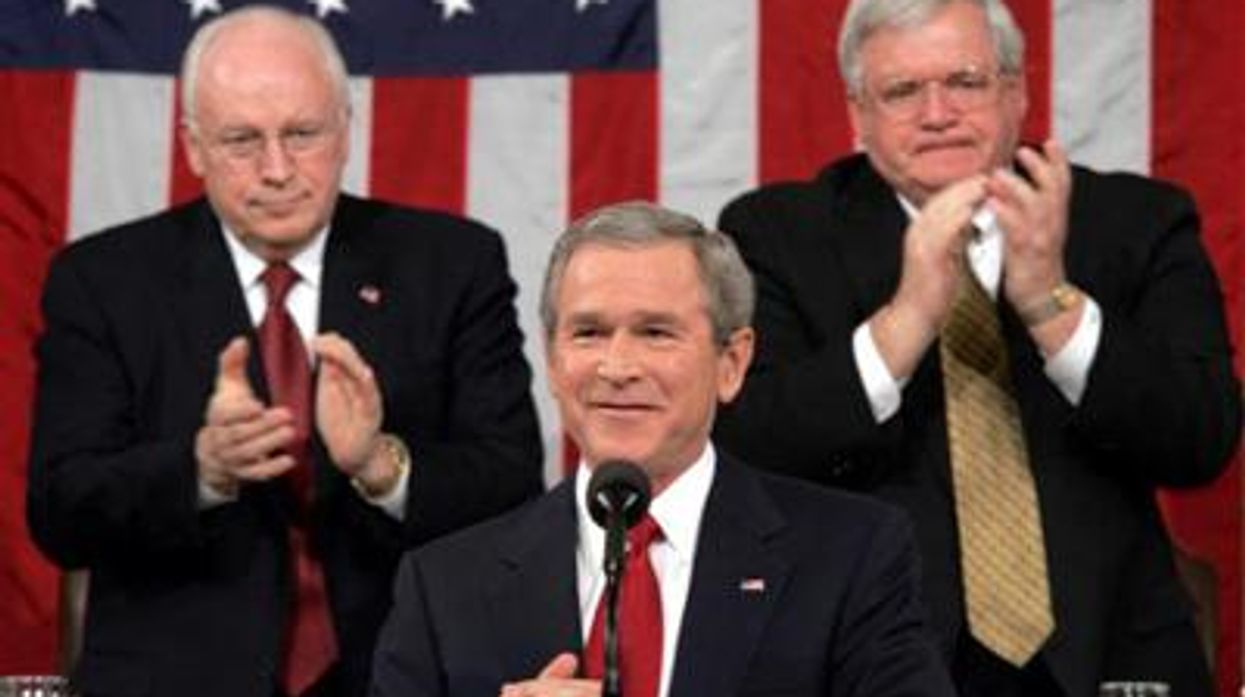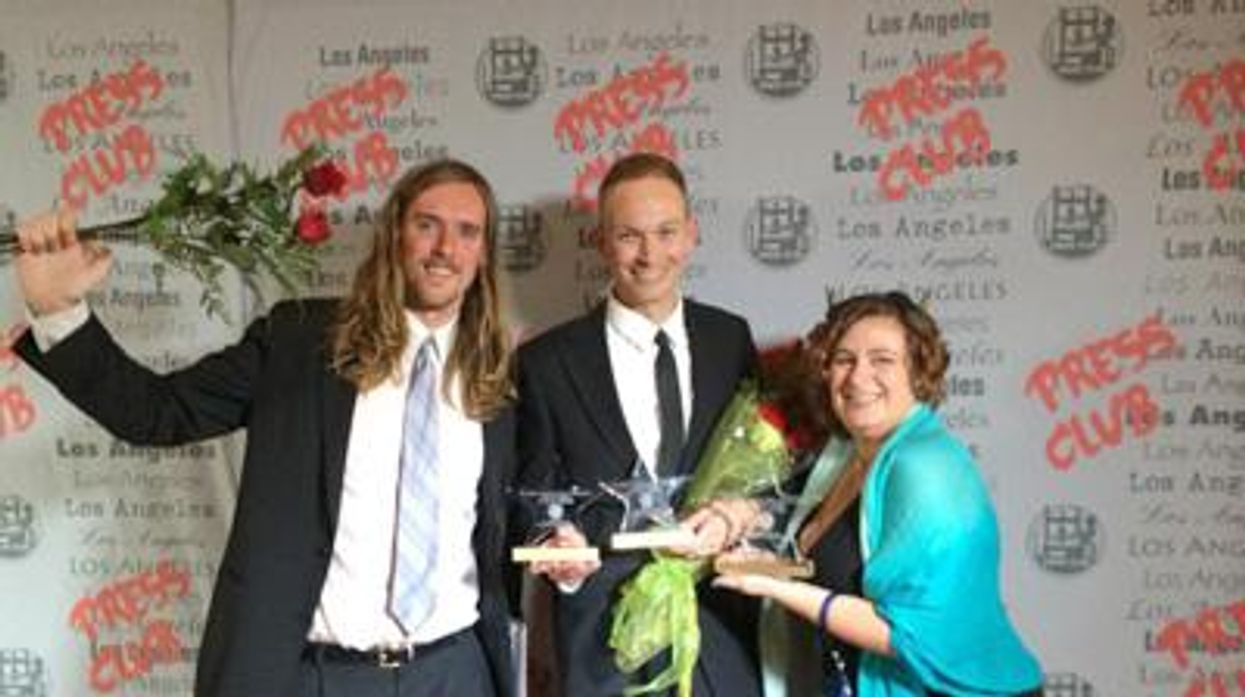The members of our military are brave.
Americans barely old enough to vote enter the service and put their lives on the line, facing gunfire, bombs, capture, post-traumatic stress syndrome, and all of the things us civvies are too happy to avoid. And many of them do this in extreme conditions, on a daily basis, for months at a time, sometimes for decades over their careers.
But in addition to the extreme conditions of war, servicewomen face a dire threat from their colleagues. An estimated 26,000 sexual assaults occurred in the ranks just in 2012. So the number of service members sexually assaulted last year exceeds the number who could sell out Madison Square Garden for a New York Knicks game.
And, let's face it, there is a very high likelihood that those service members are women.
Since September 11, 2001, which changed our lives as Americans forever, things for women in the military have progressed. Female troops can work on submarines and enter combat alongside men, allowing them to earn stars for their shoulders. Women make up only about 14% of military personnel, but a third of all "don't ask, don't tell" discharges were for female troops. Lifting the ban on gay service members was an inherent win for military women.
Still, 6% of female service members and 1% of male service members say they have been the target of unwanted sexual advances, figures that are often seen as greatly underreported. It's been a while since I agreed with something Arizona senator John McCain said, but during last week's Senate Armed Services Committee hearing on sexual assault in the military, he said these facts and figures disgusted and disappointed him. Me too.
"We've been talking about this issue for years and talk is insufficient," McCain said. "I would remind my colleagues that after the Vietnam War ... there [were] breakdowns in discipline, there was race riots on aircraft carriers, there was instances of fragging, and there was tremendous racial unrest and tensions within our military. We addressed the issue. We addressed the issue, and now I believe the military is our most effective equal opportunity employer. We must do that in the case of this crisis that we're facing now."
This time it's not race riots. It's sexual assault. Before women can be equally represented on the battlefields and in the command rooms, this underlying issue of violence must be dealt with. But take a look at the panel of brassed-out military commanders at this committee hearing on sexual assault, something that primarily affects women:

Probably, few of these men (I count only one female commander, right?) have ever been subjected to sexual assault or unwanted sexual advances at work. They have probably never had to work with someone who sexually harassed them the day before or been automatically judged solely as a sexual object because of their gender or ever thought, Well, this may be the day I get raped. I've experienced all of these things, and that's not so uncommon. And for many women, sometimes women warriors, it's way worse.
For our female troops, sexual assault is a very real threat. For these men who are actually in charge -- well, as McCain says, they've been kicking this can down the road for years.
Interestingly, the term in the Senate, with a record 20 women senators, is when military leaders are being fully taken to task for this ongoing war within the ranks.
Sen. Kirsten Gillibrand of New York is pushing legislation to take prosecution of sexual assault and rape in the military out of the hands of the victims' commanders, who, let's face it, are imbued with eagerness to maintain unit morale and camaraderie.
"What victims tell us across the board is they are afraid to report [abuses] because of retaliation, they have seen other women being retaliated against, or they thought they would be marginalized, their careers would be over, or they would be blamed," she said Sunday on Meet the Press.
Sacrificing what's right in the name of unit morale and cohesion -- wait, doesn't that sound familiar?
Homosexuality had been a significant factor in either rejecting people from military service or kicking them out. And then for 17 years, the law that was supposed to remedy this, "don't ask, don't tell," only kicked the can down the road some more. Of course unit cohesion and morale were the constant excuses used to maintain this law.
But when we're talking about sexual assault as well as "don't ask, don't tell," we're talking about people in units where the morale has already been seriously damaged. The closeted gay soldier and the sexually assaulted marine can't necessarily trust their colleagues, nor can they really unwind in what is already a high-stress situation. Apparently, when we're talking about someone who has been sexually assaulted or someone who is gay, their morale doesn't matter as much.
The heads of every branch in the military testified last week, and they took a united stance against changing the status quo. As Gillibrand points out, however, "not every single commander can distinguish between a slap on the ass and a rape." Yet it's left up to them to deal with rape and sexual assault when it happens under their command. Her point is all the more jarring when two of the military's sexual assault prevention counselors have been arrested for sexual battery.
"Don't ask, don't tell" was finally repealed, but it took the courage of servicemen and servicewomen to stand up and refuse to be denied their right to serve openly. It also took major efforts from civilians who cared enough to fight this fight. The military had to be pushed to change its policies by outside activists, civilian-involved lawsuits, and legislators who took on this cause. The culture within the military is still changing, and ancillary policies are still catching up, but there's no mistake: Gay people can serve freely. Period. Hopefully, soon women can too.
MICHELLE GARCIA is the commentary editor for The Advocate. Follow her @GarciaReporting















Charlie Kirk DID say stoning gay people was the 'perfect law' — and these other heinous quotes
These are some of his worst comments about LGBTQ+ people made by Charlie Kirk.